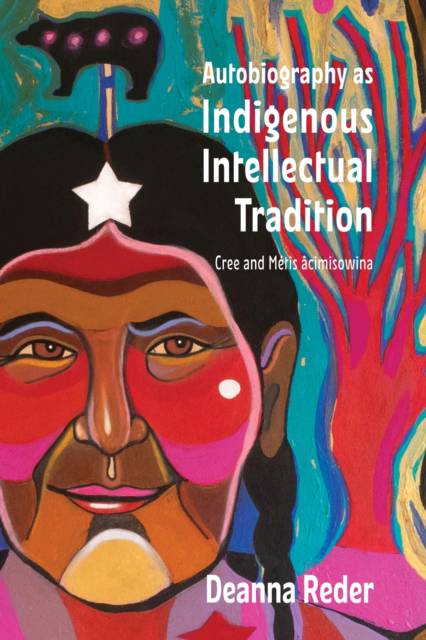
Door een staking bij bpost kan je online bestelling op dit moment iets langer onderweg zijn dan voorzien. Dringend iets nodig? Onze winkels ontvangen jou met open armen!
- Afhalen na 1 uur in een winkel met voorraad
- Gratis thuislevering in België vanaf € 30
- Ruim aanbod met 7 miljoen producten
Door een staking bij bpost kan je online bestelling op dit moment iets langer onderweg zijn dan voorzien. Dringend iets nodig? Onze winkels ontvangen jou met open armen!
- Afhalen na 1 uur in een winkel met voorraad
- Gratis thuislevering in België vanaf € 30
- Ruim aanbod met 7 miljoen producten
Zoeken
€ 45,95
+ 91 punten
Omschrijving
Autobiography as Indigenous Intellectual Tradition critiques ways of approaching Indigenous texts that are informed by the Western academic tradition and offers instead a new way of theorizing Indigenous literature based on the Indigenous practice of life writing.
Since the 1970s non-Indigenous scholars have perpetrated the notion that Indigenous people were disinclined to talk about their lives and underscored the assumption that autobiography is a European invention. Deanna Reder challenges such long held assumptions by calling attention to longstanding autobiographical practices that are engrained in Cree and Métis, or nêhiyawak, culture and examining a series of examples of Indigenous life writing. Blended with family stories and drawing on original historical research, Reder examines censored and suppressed writing by nêhiyawak intellectuals such as Maria Campbell, Edward Ahenakew, and James Brady. Grounded in nêhiyawak ontologies and epistemologies that consider life stories to be an intergenerational conduit to pass on knowledge about a shared world, this study encourages a widespread re-evaluation of past and present engagement with Indigenous storytelling forms across scholarly disciplinesSpecificaties
Betrokkenen
- Auteur(s):
- Uitgeverij:
Inhoud
- Aantal bladzijden:
- 200
- Taal:
- Engels
- Reeks:
Eigenschappen
- Productcode (EAN):
- 9781771125543
- Verschijningsdatum:
- 31/05/2022
- Uitvoering:
- Paperback
- Formaat:
- Trade paperback (VS)
- Afmetingen:
- 152 mm x 226 mm
- Gewicht:
- 294 g

Alleen bij Standaard Boekhandel
+ 91 punten op je klantenkaart van Standaard Boekhandel
Beoordelingen
We publiceren alleen reviews die voldoen aan de voorwaarden voor reviews. Bekijk onze voorwaarden voor reviews.











